Home > Climate News >

Cornell University divesting from fossil fuels to focus on alternative energy, renewables
The investments for this category are expected to decrease to zero over the next five to seven years as the investments mature, according to Bob Howarth, a Cornell professor of ecology and environmental biology who helped lead the divestment efforts and now heads the University Assembly.
Instead of investing in fossil fuels, the university will grow its $6.9 billion endowment portfolio by investing in alternative energy and renewables…
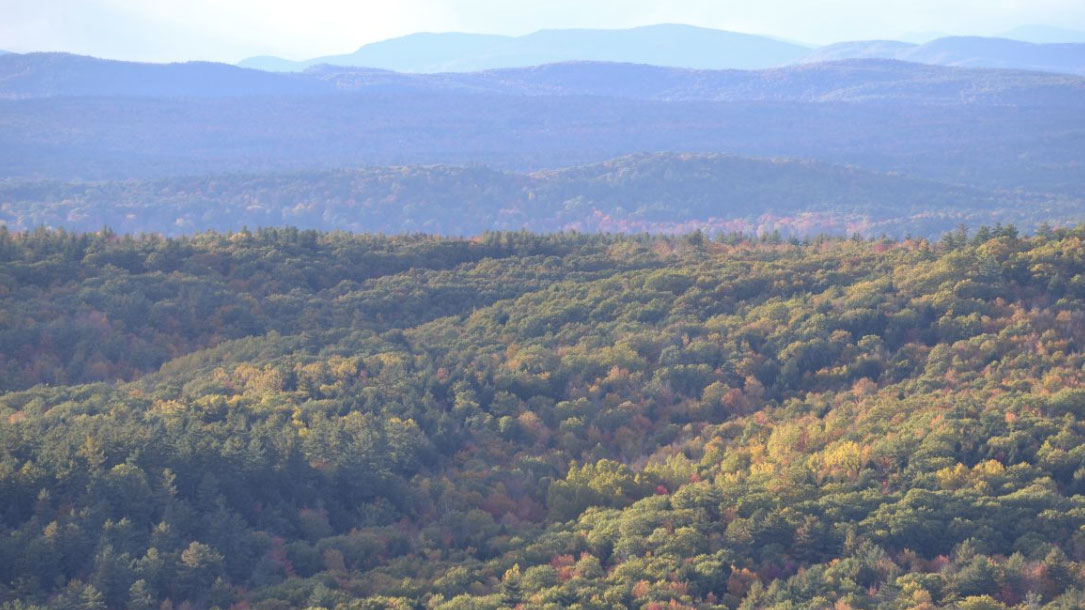
Sustainability and climate change initiatives
In their most recent climate initiative, the Kennebec Land Trust Finance Committee worked with Kennebec Savings Bank Investment and Trust Services to move their investments into a Socially Responsible Investment (SRI) portfolio that is aligned with their mission. SRI considers environmental, social, and corporate governance criteria to generate long-term competitive financial returns and positive societal impact.
As managers of forestland, they use and promote forest management practices that maximize carbon sequestration, including: protecting soil carbon, where about 50% of the carbon inventory is typically stored on a forested acre; promoting native species and increasing plant diversity to improve forest resiliency and carbon storage; harvesting sustainably; and taking a long-term view by growing high-value and larger diameter trees. On the ground, their forestry days at the Curtis Homestead are teaching the next generations…

About the Solar Energy Technologies Office
The U.S. Department of Energy (DOE) Solar Energy Technologies Office (SETO) supports early-stage research and development in three technology areas: photovoltaics (PV), concentrating solar power (CSP), and systems integration with the goal of improving the affordability, performance, and value of solar technologies on the grid…
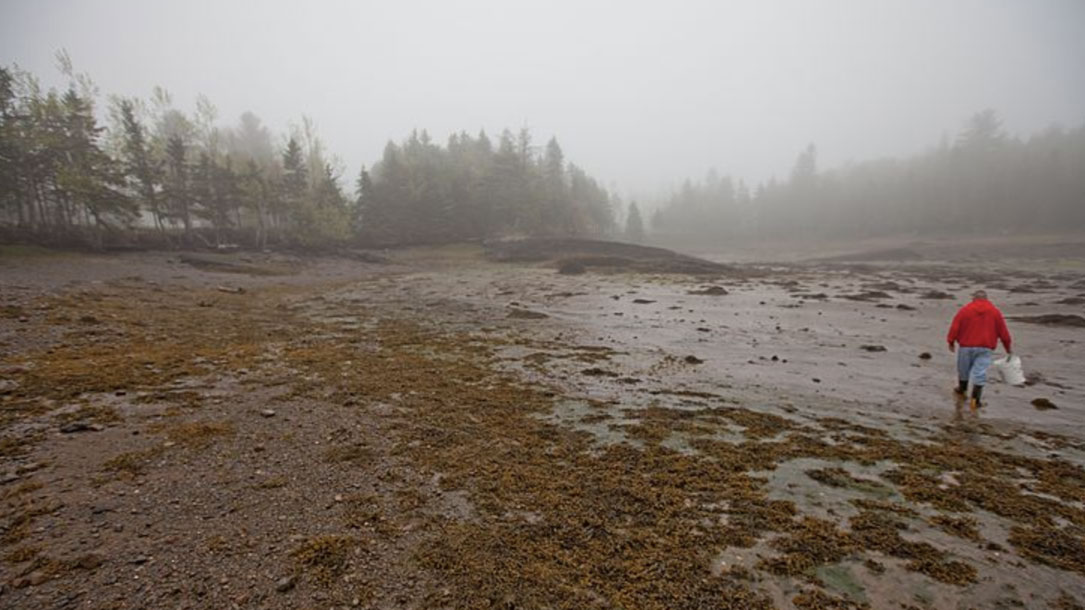
Coastal access, climate change key as Maine Coast Heritage Trust turns 50
Land conservation efforts by the organization have increasingly taken community strength and health into account, as much as the environment, and conservation’s overall impact on the state’s economic foundation. As the climate changes, that focus is more important than ever, he [Tim Glidden, president of Maine Coast Heritage Trust] said…

Quantifying carbon stocks on conserved land
Carbon project development in Vermont is compatible with, and in fact would be aided by, participation in other forest stewardship programs. These include forest certification, cost-share by EQIP and the Forest Legacy Program, and Vermont’s Use Value Appraisal (UVA) Program (also known as Current Use).
All three major certification Vermont Forest Carbon: a market opportunity for forestland owners 4 systems in the U.S. (Forest Stewardship Council [FSC], Sustainable Forestry Initiative, and American Tree Farm System) can be employed to meet various requirements under CARB and the voluntary markets, such as the need to have a comprehensive forest management plan…
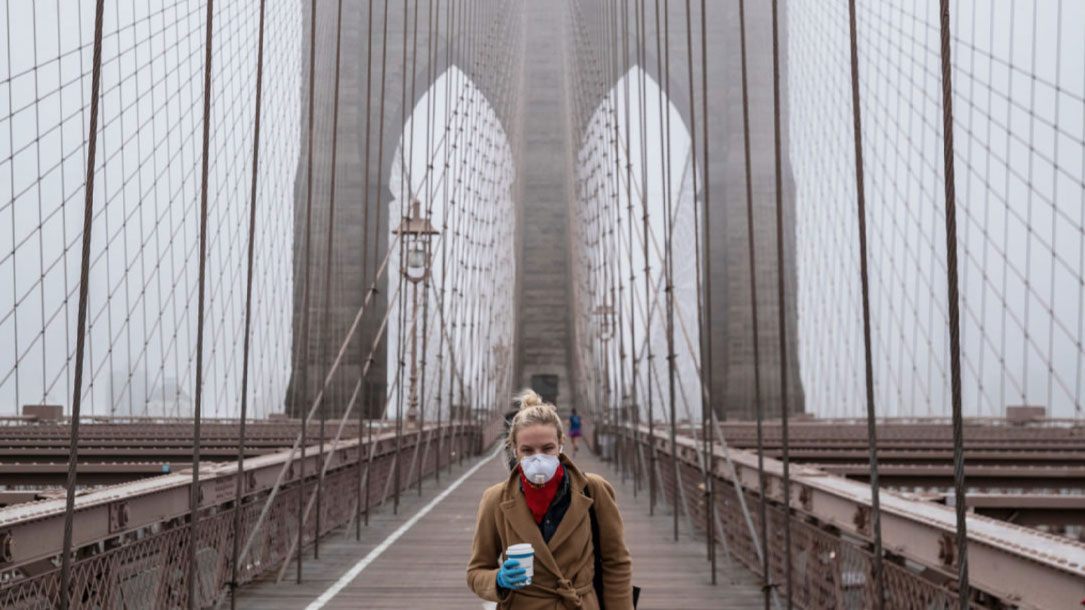
After the Coronavirus, two sharply divergent paths on climate
A year from now, how will the battle to slow global warming look in a post-Coronavirus world? That’s a question being asked a lot these days by policy experts and activists, and it’s one with huge implications.
Some hope it will bring out the best in us and our leaders, and that the resurgence of government action during the pandemic offers a way forward for fighting climate change. Others fear the worst, that the rush to resuscitate a badly battered global economy will push climate back down the international agenda…

As big endowments spurn fossil fuel stocks, there’s one thing making this decision easy
As big endowment funds face mounting pressure to reduce their exposure to the fossil fuel industry, there’s one thing making their decision easier: the energy sector’s underperformance…
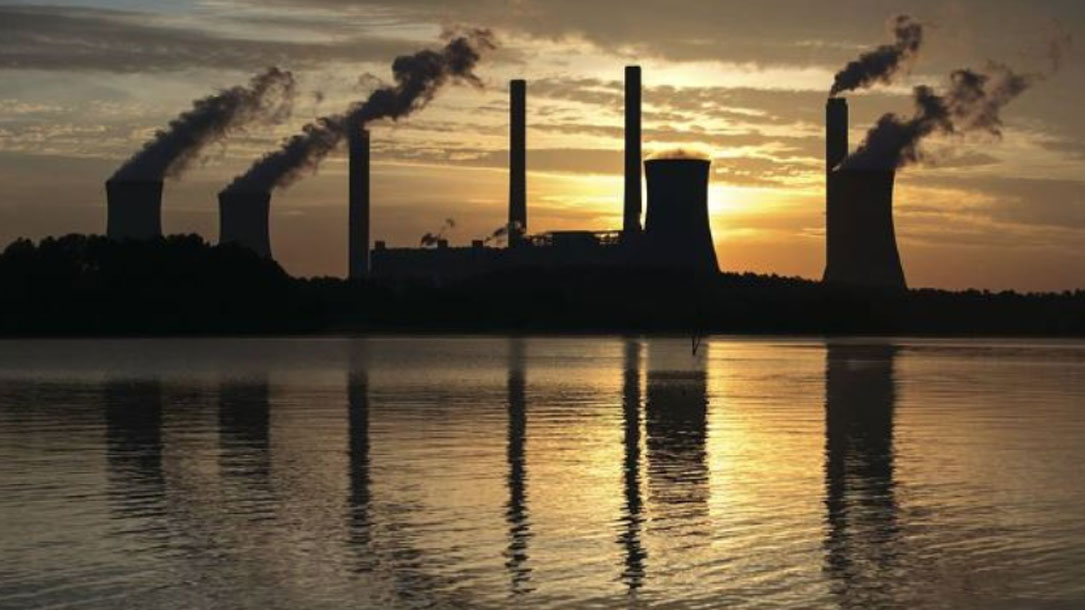
Your land trust has a chance to be strategic and proactive
Calls for decarbonization are now coming from the boardrooms and executive suites of the world’s largest corporations and investment funds, in a fast-moving change that could reshape the global energy system and economy. Listen to why investment firms and companies are divesting.
I’ll be posting more about alternatives, but in the meantime, check out PIMCO’s climate investment funds.
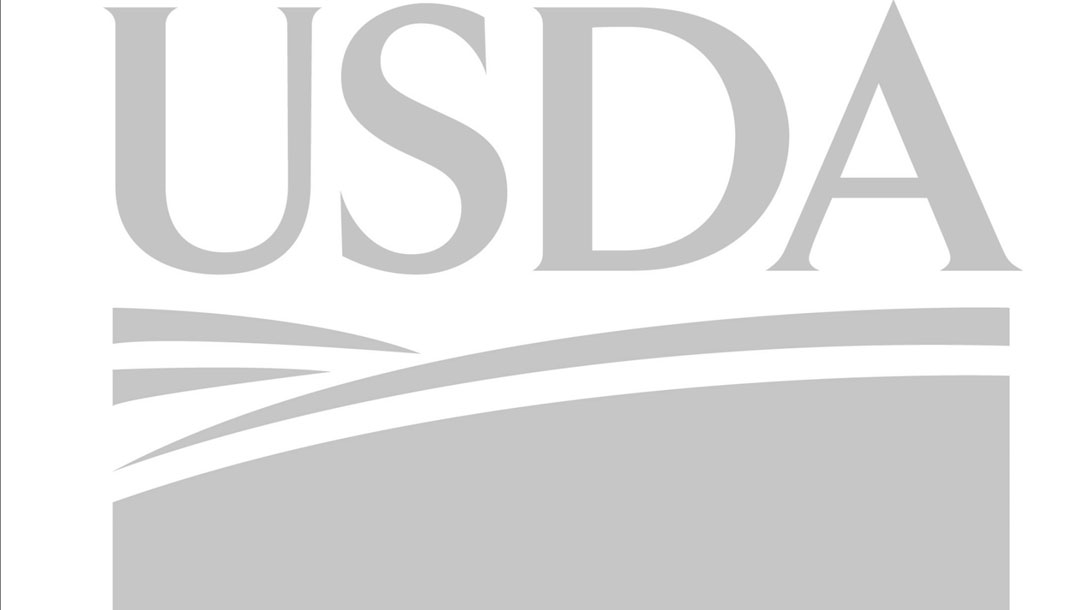
Farms and Land in Farms 2018 Summary (April 2019)
“The number of farms in the United States for 2018 is estimated at 2,029,200, down 12,800 farms from 2017. Total land in farms, at 899,500,000 acres, decreased 870,000 acres from 2017. The average farm size for 2018 is 443 acres, up 2 acres from the previous year.
Farm numbers and land in farms are differentiated by six economic sales classes. Farms and ranches are classified into these six sales classes by summing the sales of agricultural products and government program payments. Sales class breaks occur at $10,000, $100,000, $250,000, $500,000, and $1,000,000. Producers were asked during the 2018 mid-year surveys to report the value of sales based on production during the 2017 calendar year…”
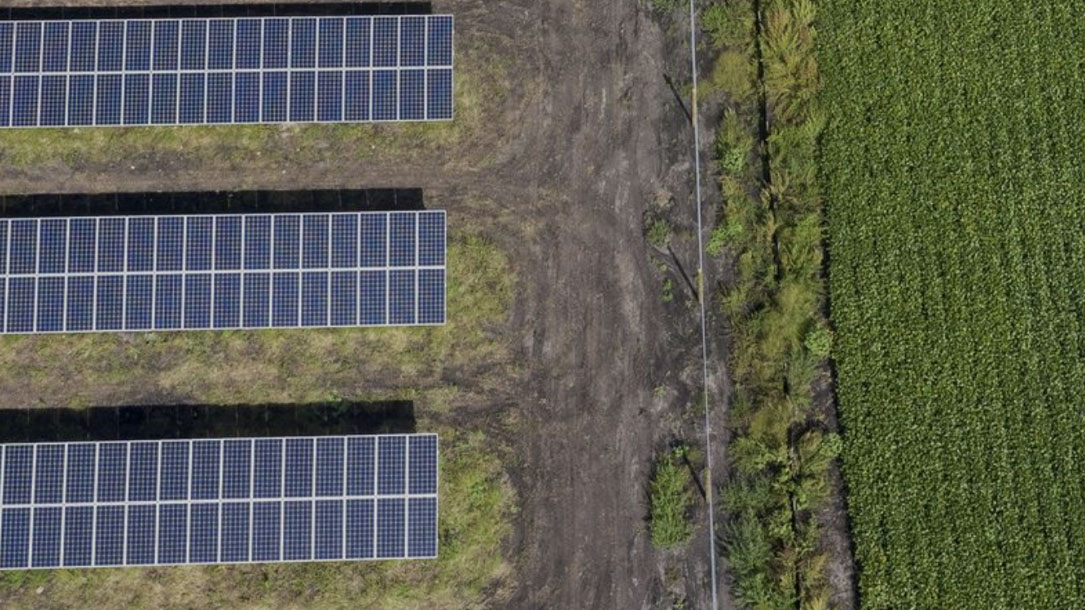
Struggling Farmers See Bright Spot in Solar
“U.S. farmers are embracing an alternative means of turning sunlight into revenue during a sharp downturn in crop prices: solar power.
Solar panels are being installed across the Farm Belt for personal and external use on land where growers are struggling to make ends meet. The tit-for-tat tariffs applied by the U.S. and China to each other’s goods have cut demand for American crops. Futures prices for corn, soybeans and wheat are all trading around their lowest levels since 2010. Making matters worse, record spring rainfall…”












